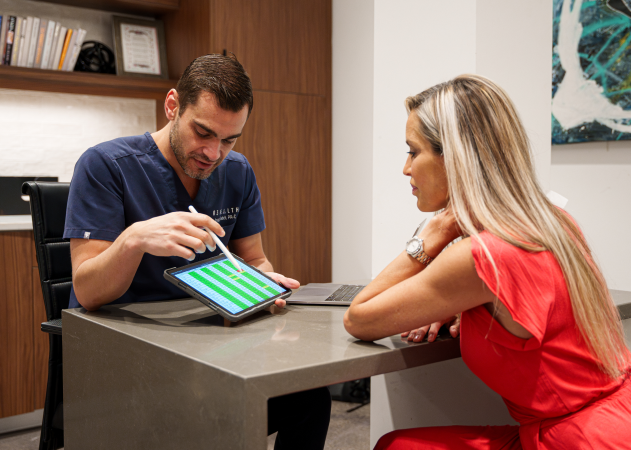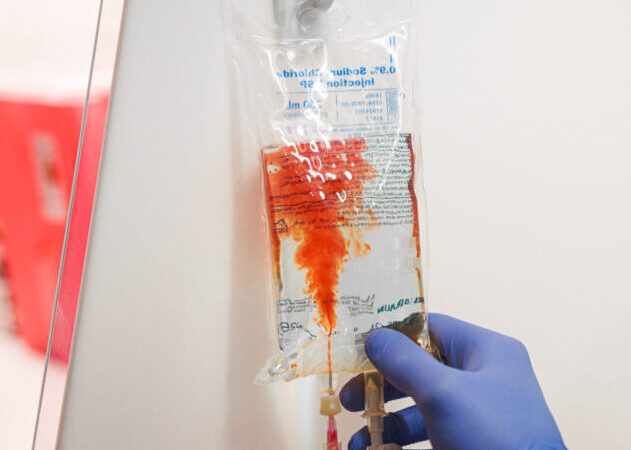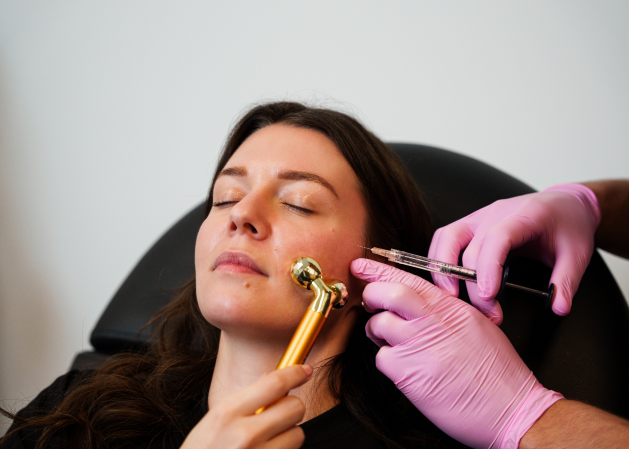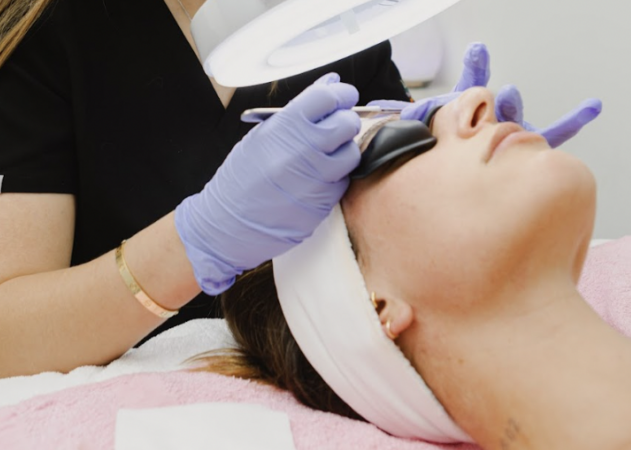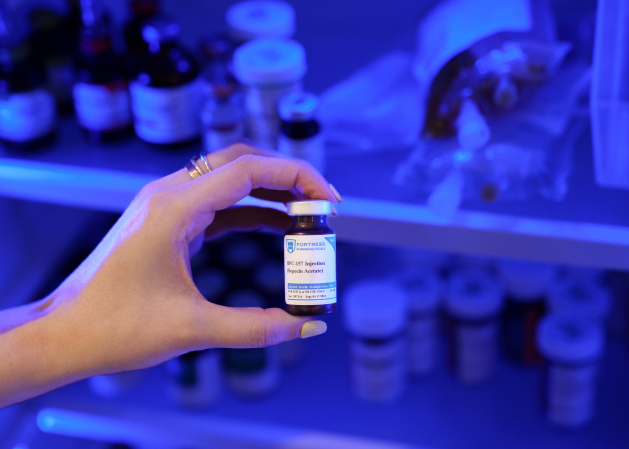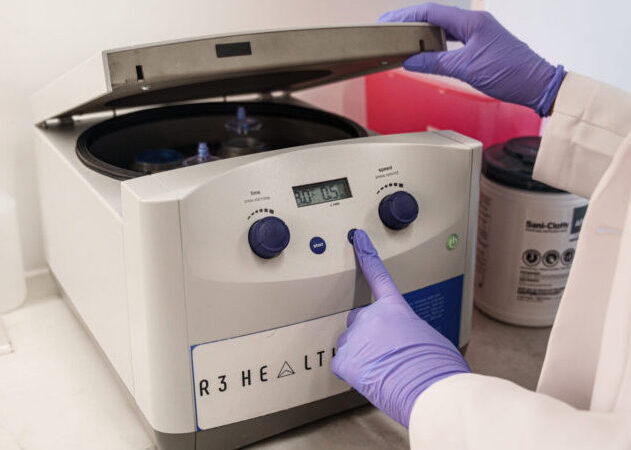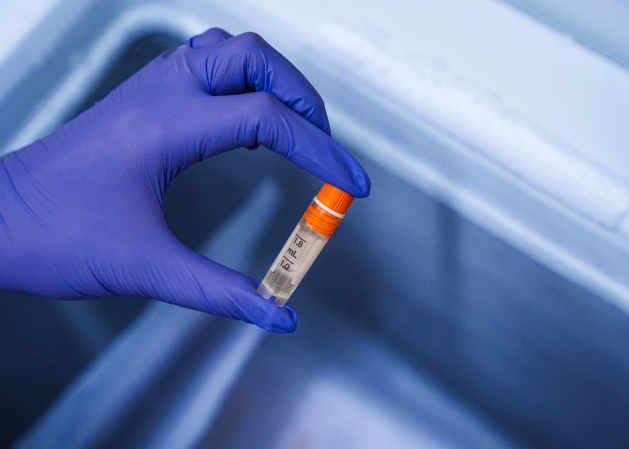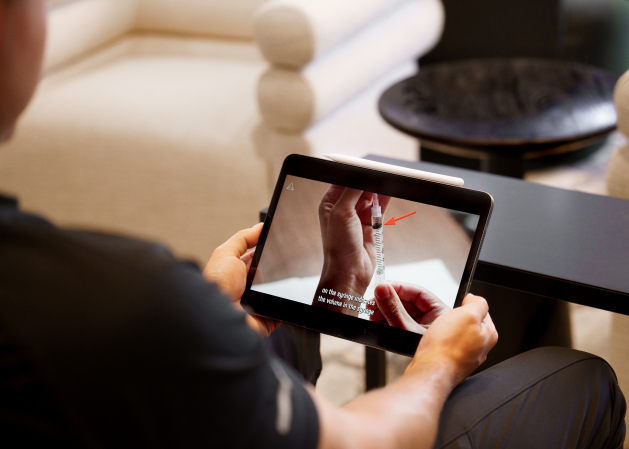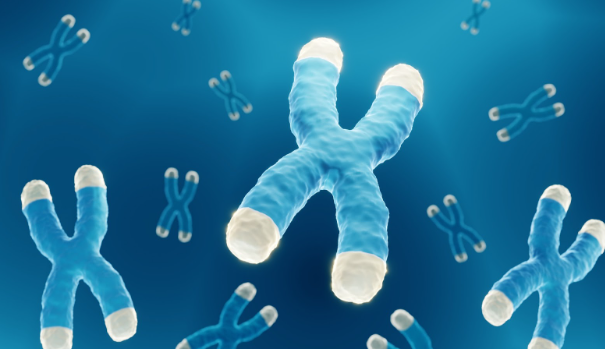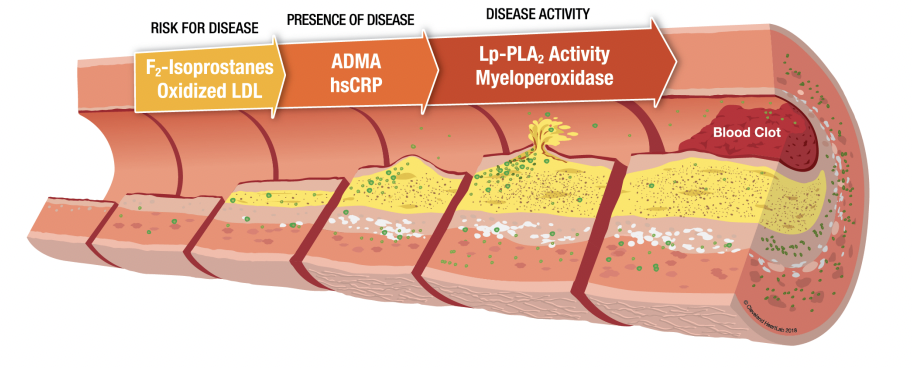Telomeres, the protective caps at the ends of our chromosomes, hold the key to understanding the aging process and its impact on our overall health. This guide will explore the fascinating world of telomeres, drawing insights from the latest research to shed light on their significance and how we can maintain healthier telomeres for better aging outcomes.
What Are Telomeres?
Telomeres are repetitive DNA sequences situated at the ends of our chromosomes, resembling the plastic caps on shoelaces that prevent fraying. They serve a vital role in preserving the integrity of our genetic information during cell replication. With each cell division, telomeres gradually shorten, which is considered a fundamental aspect of aging.
The Impact of Telomere Shortening on Aging:
As telomeres shorten over time, cells lose their ability to replicate accurately, leading to cellular senescence or cell death. This process is linked to various age-related diseases, including cardiovascular conditions, neurodegenerative disorders, and metabolic issues. Understanding telomere dynamics can provide insights into our overall health and longevity.
Lifestyle Factors and Telomere Health:
Research has shown that lifestyle choices can impact telomere length and cellular aging. A healthy lifestyle can slow down telomere shortening and promote better aging outcomes. Here are some key factors:
- Nutrition: A balanced diet rich in antioxidants and essential nutrients can support telomere health and combat oxidative stress, which contributes to telomere attrition.(1)
- Physical Activity: Regular exercise has been associated with longer telomeres and improved cellular function, potentially slowing down the aging process. (2)
- Stress Management: Chronic stress can accelerate telomere shortening through increased inflammation and oxidative stress. Implementing stress-reduction techniques like mindfulness and meditation may positively influence telomere health.
- Sleep Quality: Poor sleep patterns and insufficient sleep have been linked to shorter telomeres. Prioritizing good sleep hygiene can aid in maintaining telomere length.
Telomeres play a pivotal role in our cellular health and aging process. Understanding how to maintain healthier telomeres through lifestyle choices can significantly impact our overall well-being and longevity. Research-backed insights highlight the importance of a balanced diet, regular physical activity, stress management, and quality sleep in preserving telomere length and promoting healthy aging. By incorporating these practices into our daily lives, we can take a proactive approach to maintain healthier telomeres and improve our chances of aging gracefully.
Sources Cited
- Paul L. Dietert, “Nutrition, Epigenetics, and Aging,” The Official Journal of the American Aging Association (2013)
- Ludlow et al., “Exercise Alters the IGF Axis in Vivo and Increases p53 Protein Following Moderate Intensity Exercise,” Oncotarget (2016)
- Epel et al., “Accelerated Telomere Shortening in Response to Life Stress,” PNAS (2004)
- Carroll et al., “Partial Sleep Deprivation Attenuates the Positive Affective System: Effects Across Multiple Measurement Modalities,” Sleep (2016)


